Learn everything you need to know about home EV charging, from the benefits of installing a charging point to the different connector types and charge speeds. Discover the most cost-effective way to charge your battery-powered car at home.
Home EV Charging Guide
Electric vehicles (EVs) have become increasingly popular in the UK, and as a result, the demand for home EV chargers has risen. It allows EV owners to conveniently charge their vehicles, saving time and it is the most cost-effective way to run a battery-powered car.
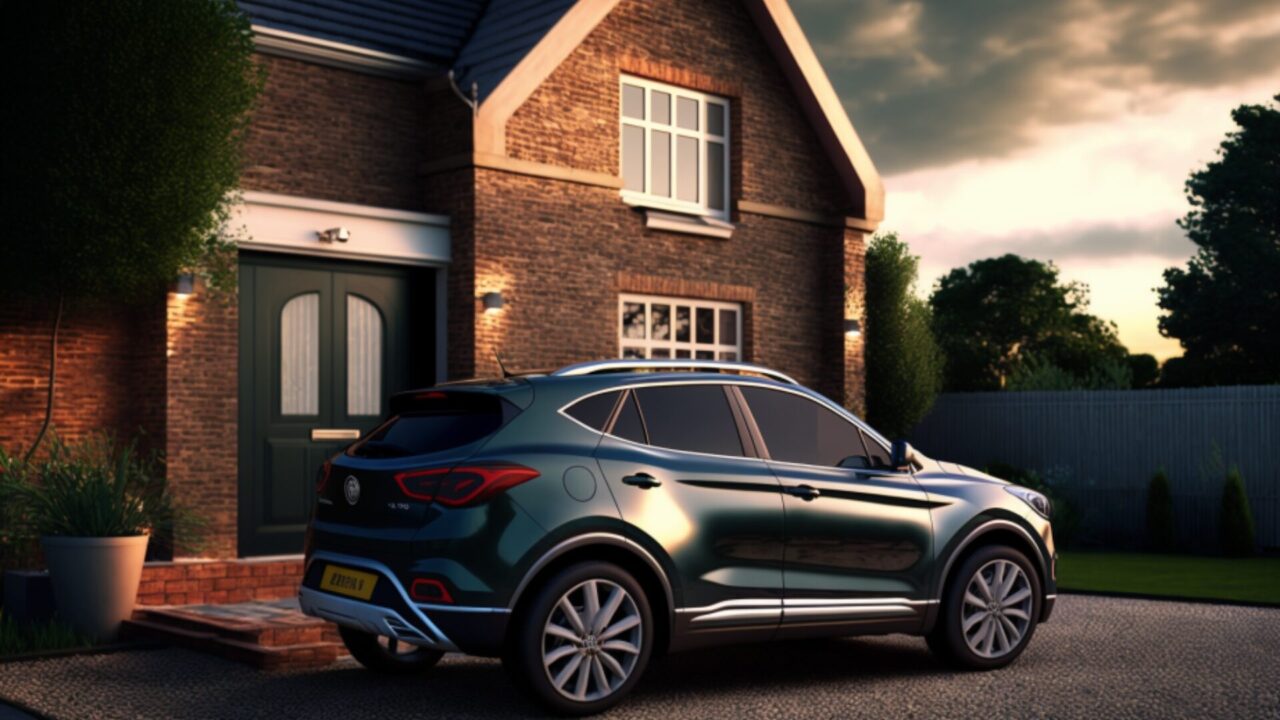
Benefits of charging at home
Charging at home provides several benefits for EV owners. It is much more convenient than having to find and travel to a public charging station. It is also more cost-effective since charging at home typically costs less per kWh than public charging stations.
Additionally, home charging allows EV owners to start each day with a full battery, reducing range anxiety. Read our guide on getting the most out of your energy with energy storage solutions here.
Overview of different types of home EV chargers
There are three main types of home EV chargers in the UK, slow chargers, fast chargers, and rapid chargers.
Slow chargers use a standard 3-pin plug and can take up to 24 hours to fully charge an EV. It’s a good idea to have a proper EV charging point installed for faster charging, which will be much faster than using a standard three-pin socket. Charging from a standard three-pin socket is much slower and could cause electrical failure if there is an overload from your property and also using other high-draw items simultaneously.
Fast chargers use a dedicated charging unit and can charge an EV in 4-8 hours. These need to be professionally and safely installed by a registered electrician who can certify their electrical works. There are numerous different options for this type of installation and many different types of chargers. The cost of installing an EV home charger typically ranges between £750 and £1,300 but can vary depending on the complexity of installation.
Homeowners usually opt to have a 7kW charge point installed, which is the option recommended for most buyers.
Rapid chargers are the fastest option, charging an EV in 30-60 minutes, but they require a specialist installation and will generally cost over £2000 to install.
The installation process for home EV chargers
Installation of a home EV charger typically involves connecting the charger to your home’s electrical supply and mounting the charger on a wall or post. Government grants are available to help reduce the cost, but these are only available to individuals who rent or own a flat, or for landlords, and don’t apply if you own your own house. All newly built homes should come with a charging point installed from 2022.
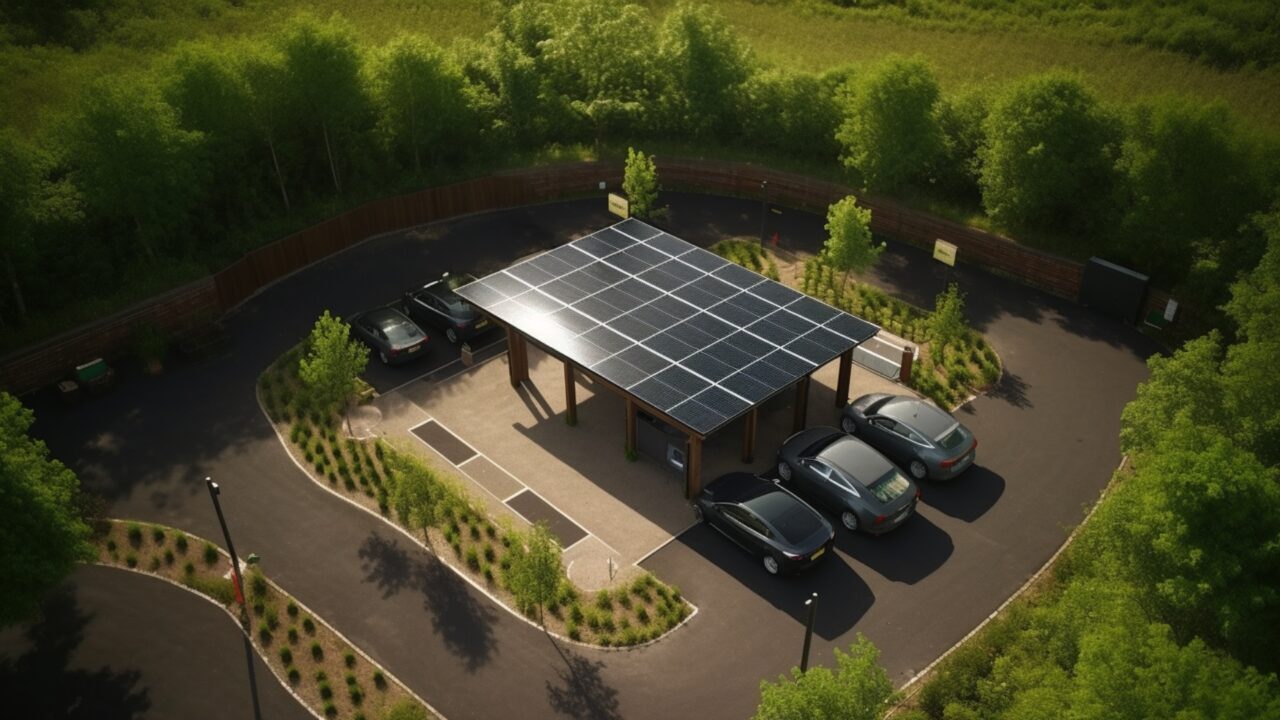
Tethered or untethered charger
A tethered charger has a cable permanently attached to the unit, while an untethered charger requires a separate cable to be plugged in. Tethered chargers are generally more convenient, as the cable is always attached, and there’s no need to carry a separate cable. However, they can be more expensive to install.
On the other hand, untethered chargers are less expensive to install and can be more flexible, as they allow you to use different cables depending on the charging speed required. However, they can be less convenient, as you need to carry a cable with you, and there’s a risk of losing it.
Public charging
Public charging offers more flexibility and is ideal for longer trips. Public charging stations are widely available in the UK, and you can use them to top up your EV’s battery while running errands or during a long journey. However, public charging can be more expensive than charging at home.
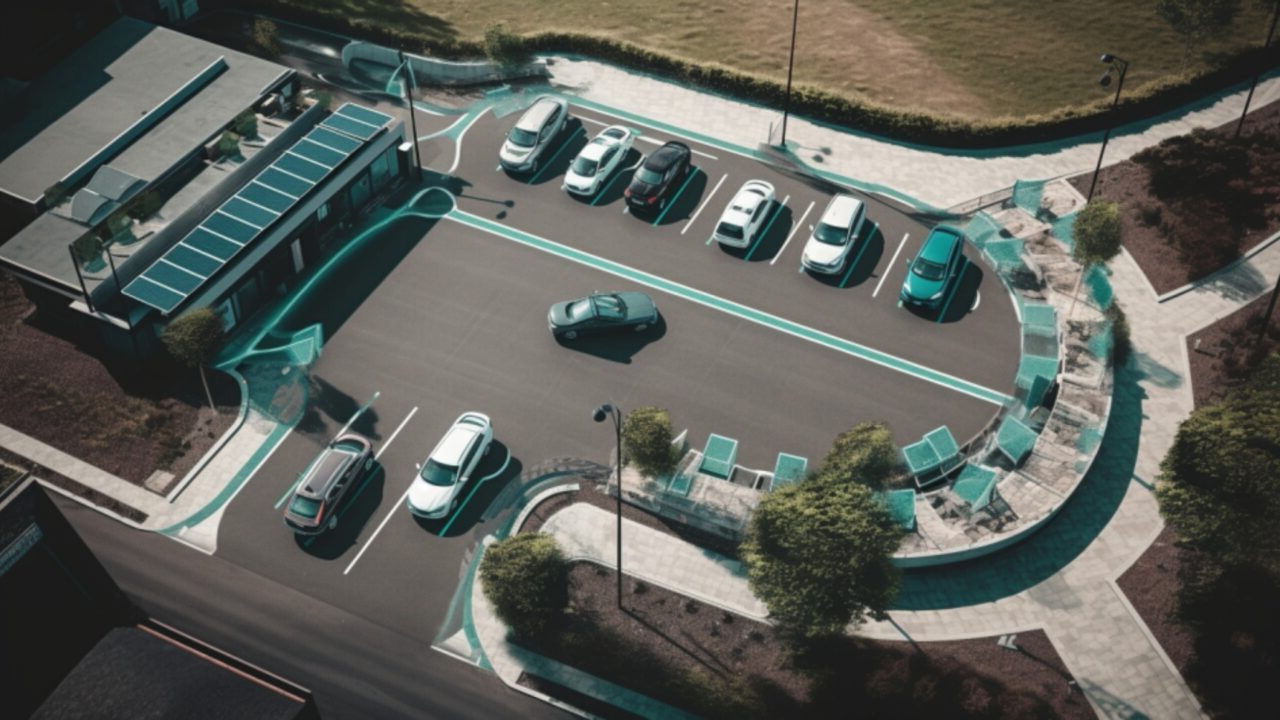
In general, home charging is less expensive than public charging, especially if you charge during off-peak hours or have a low electricity rate. However, if you frequently take long trips or don’t have access to a home charger, public charging may be a better option for you.
For more information about public charging rates, then check out our blog about How to get the best value public charging.
You will also need to check out the different charging apps available for the different charging options and you can get further information at our blog on the best EV charging apps.
Overview of EV charging connector types in the UK
Electric vehicles (EVs) require specific charging connectors to charge their batteries. In the UK, there are several types of EV charging connectors available, including Type 1, Type 2, and CCS (Combined Charging System).
There are three primary types of plugs used for charging electric vehicles: Type 1, Type 2, and Tesla plug. Nonetheless, some electric vehicles use less common plugs, such as the CHAdeMO plug and Combined Charging System (CCS) plug.
The CHAdeMO plug adheres to the Japanese standard and can deliver a maximum of 50 kW of power,
the CCS plug complies with the European standard and can provide up to 150 kW of power.
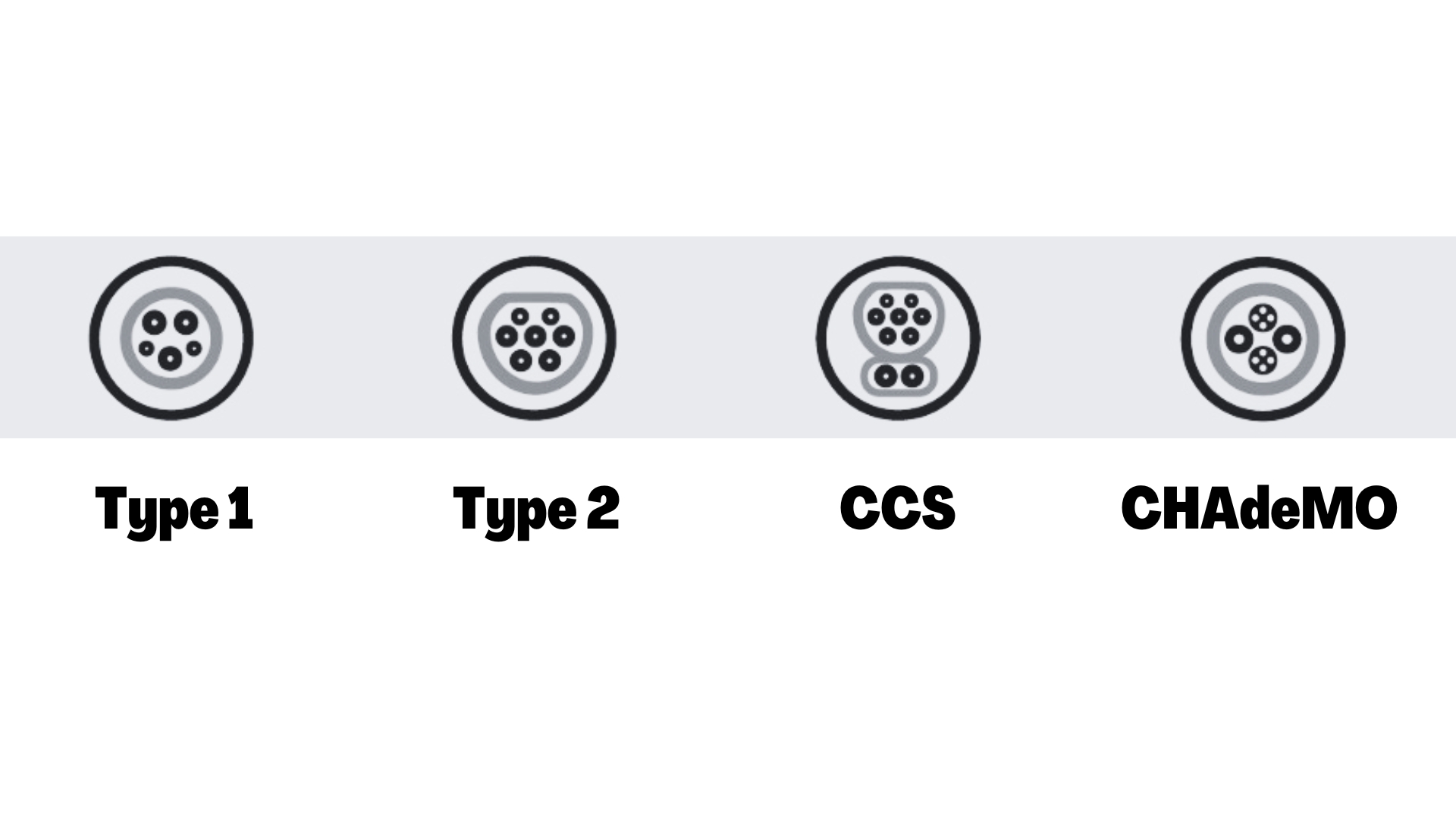
- The Type 1 Plug has a power rating of 3-7 kW AC and is less common in modern EVs.
- Type 2 connectors are popular in European EVs. CCS connectors combine both Type 2 and fast DC charging capabilities, making them more versatile. Tesla has a 120 kW DC version of the Type 2 Plug.
- CCS connectors are the most versatile, offering both AC and DC fast charging capabilities, but they are less common in the UK.
- The CHAdeMO connector plug is a common rapid connector type due to the popularity of the Nissan Leaf.
For further information regarding charging, read our blog with tips to stop your cable from being stolen. You can also read or guide containing some great tips for charging if you do not have a driveway.
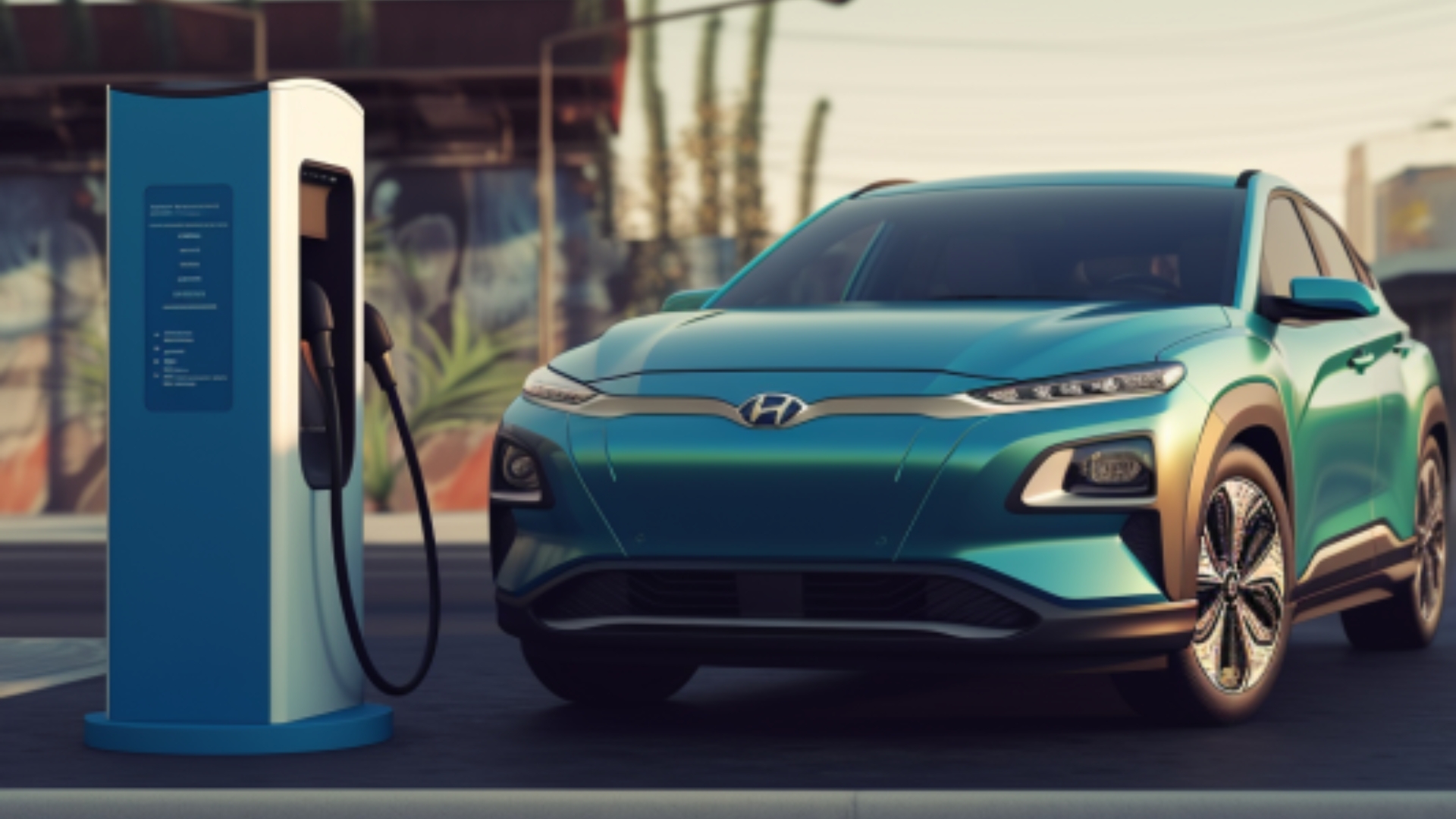
2 thoughts on “The Ultimate Guide to Cheap EV Charging”
Comments are closed.